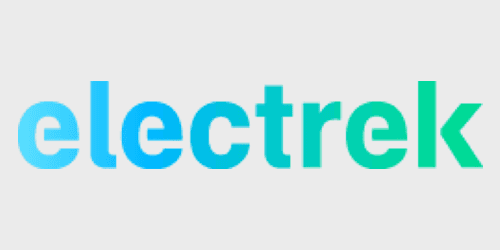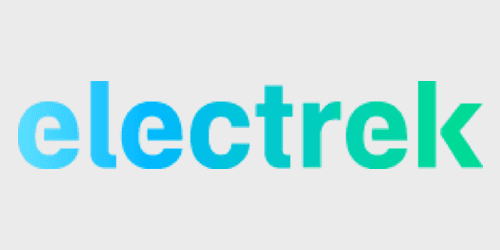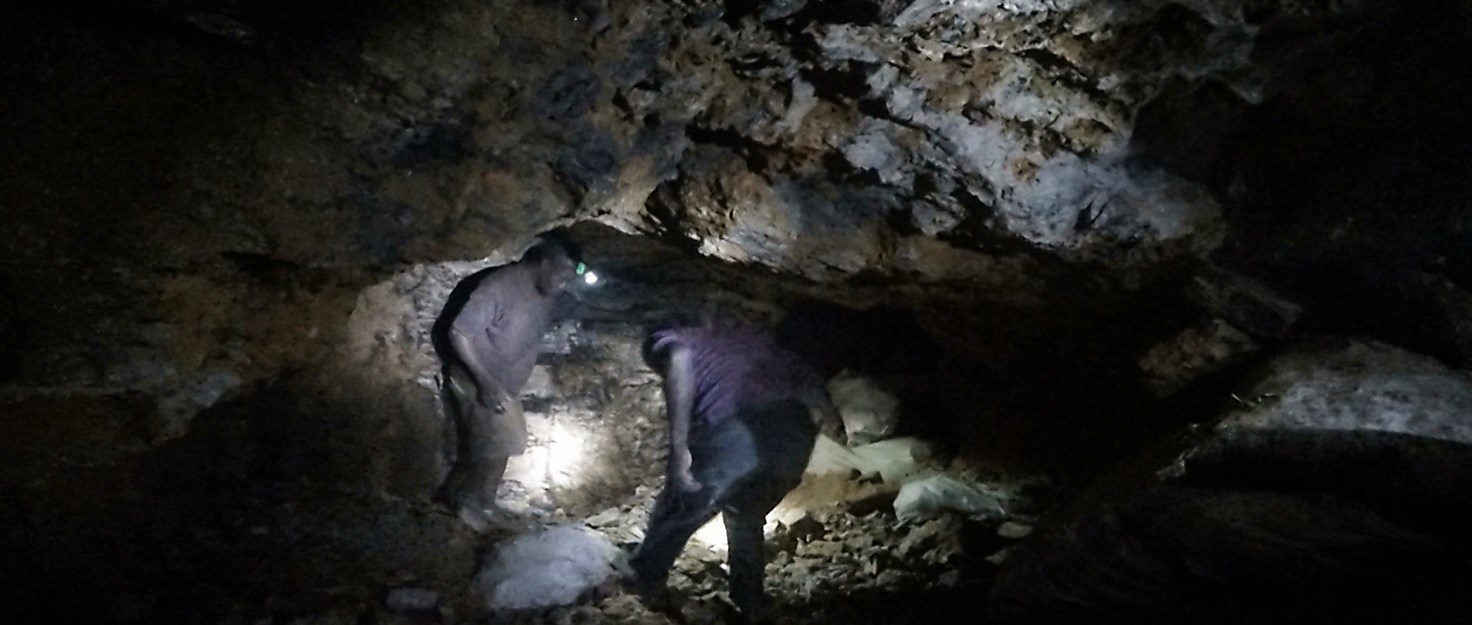LG is adding production capacity at its battery factory for Chevy Volt, Bolt EV and Chrysler Pacifica


Korea-based electronic giant LG is making most of the components that make the Chevy Bolt EV an electric vehicle, including the battery pack, electric motor, and power electronics, and the battery packs for the Volt. Therefore, its production capacity will determine GM’s total output for what is currently its only all-electric vehicle in production.
In what could be a good sign for the Bolt EV and the Volt, LG announced this week an expansion of its production facility in Holland, Michigan.
Expand
Expanding
Close




